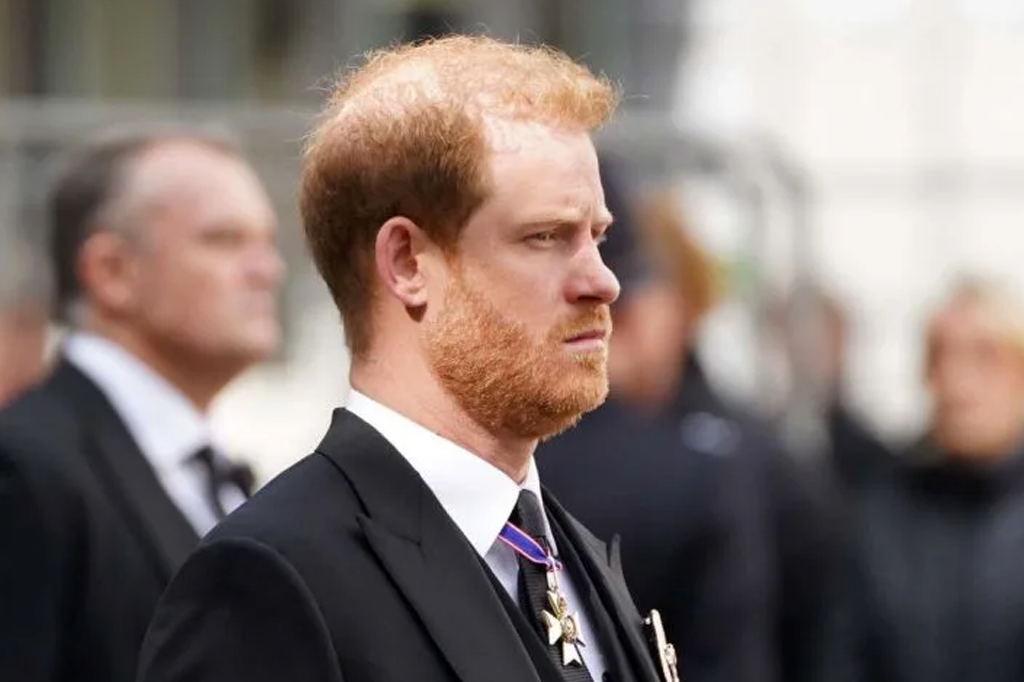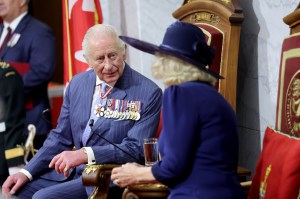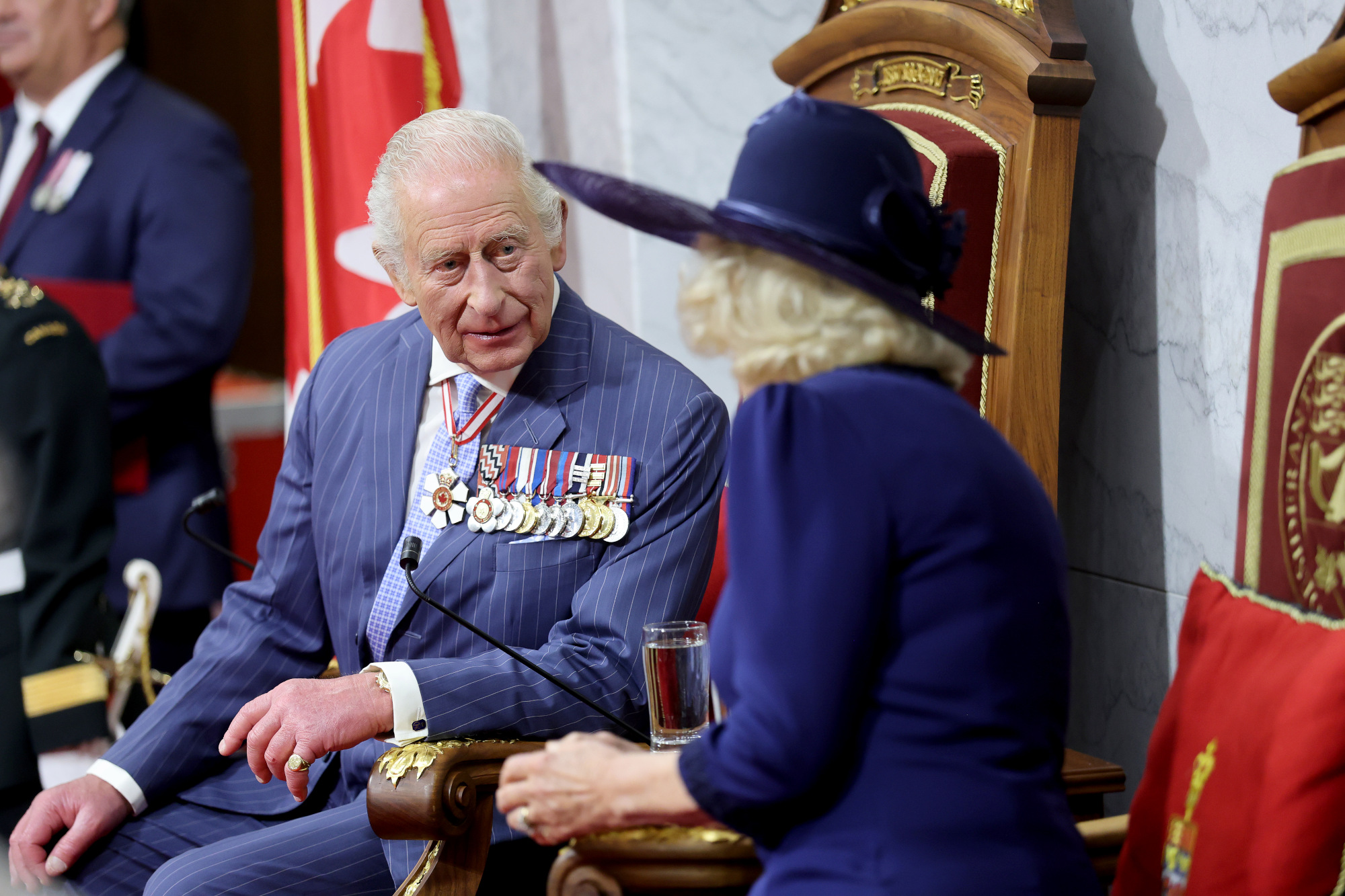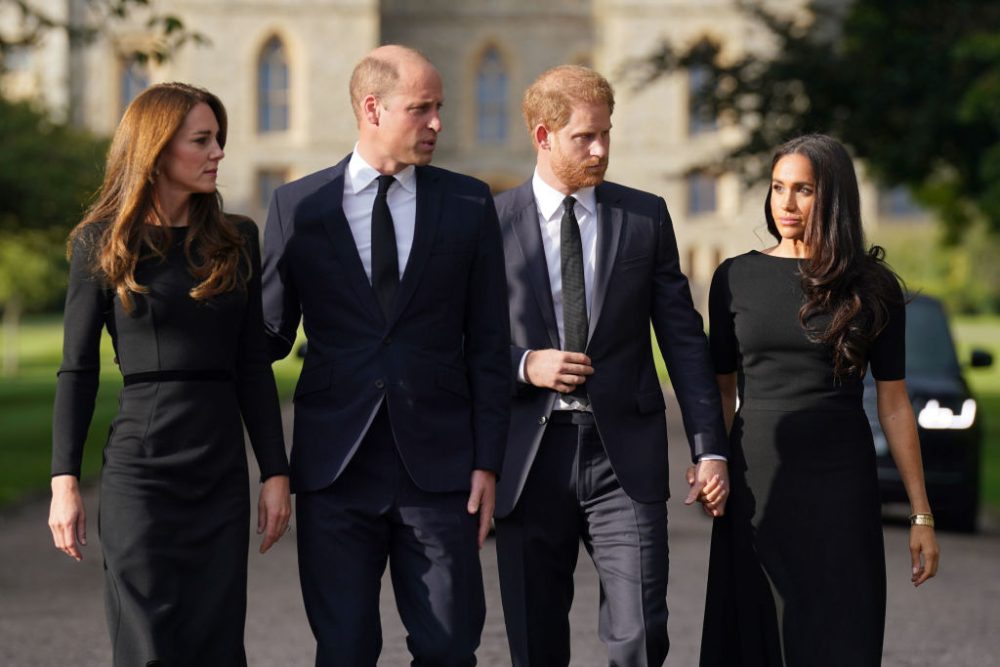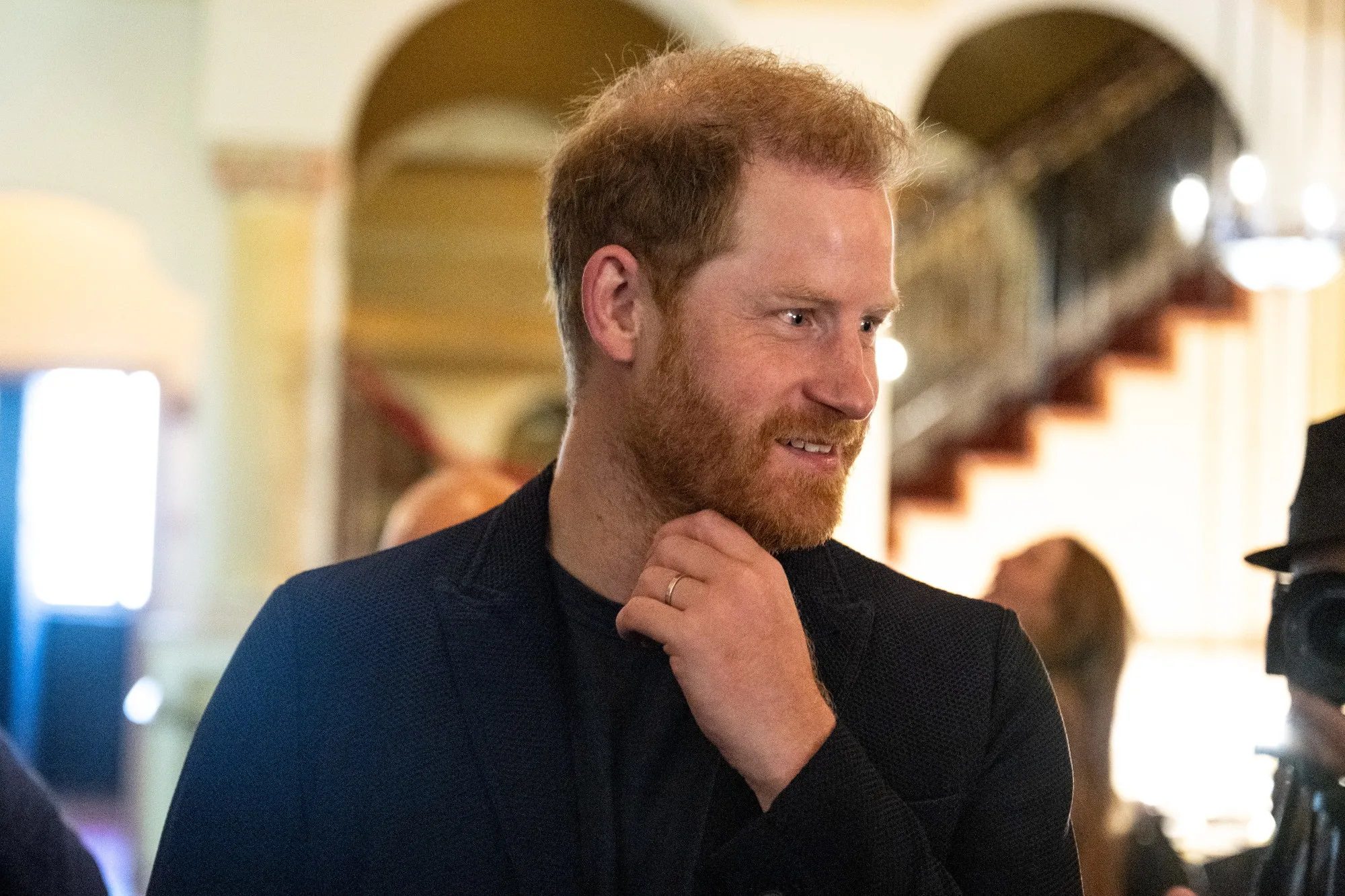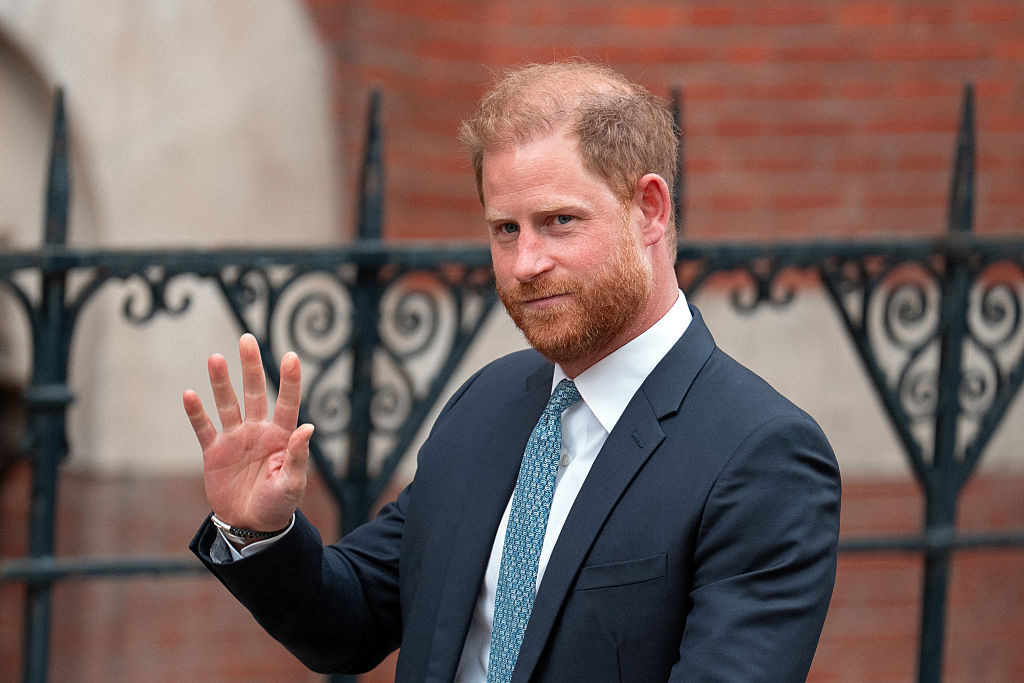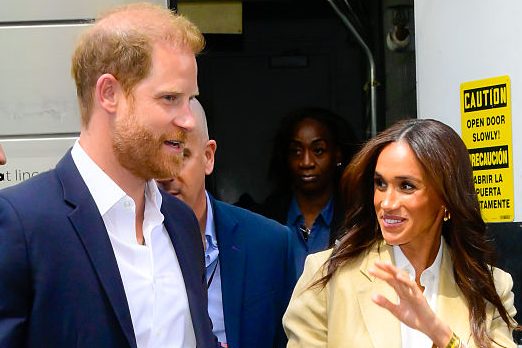In his new memoir, Prince Harry claims that he regarded the twenty-five Taliban fighters he killed as “chess pieces” not human beings. Yet Cockburn can’t help but wonder if the young soldier prince didn’t learn something useful from his adversaries in war — the art of suicide-bombing. At least, in a literary sense, that is.
Spare, the memoir, is dynamite, no doubt about that. It’s hard to think of any book that has blown up quite so instantly and spectacularly in the face of its author.
The details from the book, which started to flood out on Thursday, have left Harry’s dwindling band of supporters feeling bewildered.
Why does he seem to be showing off about how many lives he took in war? Why does he refer to himself as a “young stallion” as he gives away wince-inducing details of the way he lost his virginity? Does he not see how that makes him come across? Is this some complicated cry for help?
People who know him are incredulous. ‘So sad,’ is what an old friend of Harry’s told Cockburn last night. “Can’t believe he’s doing this.” It’s a good question — why would anyone embarrass themselves so royally?
Well, Cockburn has a theory, if you’ll indulge. Harry, the loyal soldier, is on a top secret mission to save the British royal family. He’s doing so by destroying himself for their benefit.
Lots of monarchists have been greatly concerned that, after the death of the Queen, the House of Windsor would fall apart. King Charles can never be as popular as Elizabeth II. The younger royals — not just Harry and Meghan — simply cannot resist meddling in politics and PR shenanigans.
Perhaps Harry understood that at some subliminal level — and, accepting that he was the spare not the heir, resolved to do everything he could to make the British public sympathize with and appreciate his father, the King, and his brother, the future king. And to do that, he knew he had to trash himself. Greater love hath no man than this…
Why else would Harry reveal that his father had begged his sons not to “make his final years a misery” of familial squabbles at the same time as he airs all his bitternesses and grievances through Netflix and a memoir? Why else would he reveal that Charles, famously proud, had enough of a sense humor to jest about rumors that Harry was the reproductive fruit of his wife’s affair with James Hewitt?
Harry calls that joke “in poor taste.” Isn’t it also quite funny? King Charles’s stock has arguably never been higher than it is this morning — and for that he can thank his errant son.
In PR terms, then, and those are the only terms that matter in this tabloid-meets-social-media age, the Duke of Sussex’s “attacks” on his family are nothing of the sort. Even the description of William’s “assault” on Harry is so farcically over-the-top as to elicit admiration towards William for trying to set his brother straight.
Call it Harry Kiri. King Charles and Prince William don’t have to do anything. They should not explain, complain, or react. Just stand back and watch Harry self-immolate on the world stage — and try to look as dignified and long-suffering as possible next time they appear in public. It may be truly sad and worrying to see a close family member behave so self-destructively. But the show must go on.
This article was originally published on The Spectator’s UK website.



